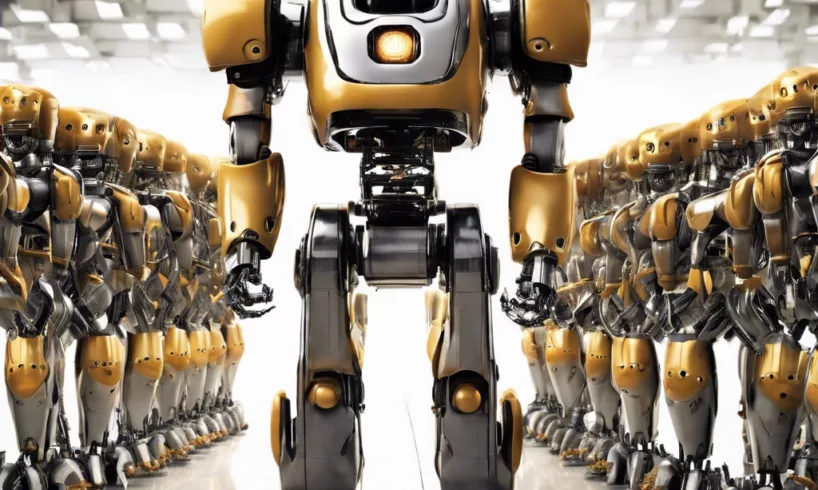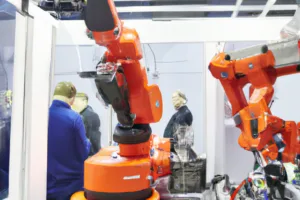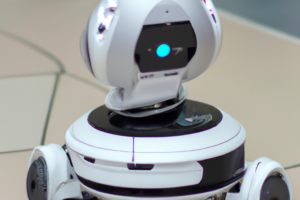
An in-depth look at the increasing incorporation of robots into security, policing, and military operations, and the ethical implications that accompany this technological revolution.
As the world continues its relentless march towards technological advancement, robots have begun to play a vital role in sectors traditionally dominated by humans. From utility roles to potential weaponization, robots are fast becoming the new frontier in security, policing, and military operations. This development, while promising in terms of operational efficiency and safety, raises profound ethical questions that society must grapple with.
The New Canine Companions
Robots, much like the dogs that have served in various roles in policing and military throughout the 20th century, are being designed to support human operations. Equipped with advanced surveillance technology and the ability to transport equipment, these utility robots could potentially reduce the risk to human soldiers on the battlefield. But with the possibility of weaponization, these robots could soon become land-based variants of drones.
Weaponizing Utility Robots
In 2021, the company Ghost Robotics showcased a robot armed with a Special Purpose Unmanned Rifle. While the robot is semi-autonomous, the mounted weapon is fully controlled by an operator, raising questions about the potential for fully autonomous weapon systems.
Testing the Waters
In September 2023, US Marines conducted a test involving a four-legged robot to gauge its abilities in warfare. This test reignited the ethical debate surrounding the use of automated and semi-automated weapon systems in warfare, especially with the possibility of incorporating AI-driven threat detection capabilities.
Industry Stance on Weaponization
In 2022, a dozen leading robotics companies signed an open letter hosted on Boston Dynamics' website, expressing their opposition to the weaponization of commercially available robots. However, they did not take issue with nations and government agencies using existing technologies for defense and law enforcement.
The UK's Position
The UK has already outlined its stance on the weaponization of AI in their Defence Artificial Intelligence Strategy, published in 2022. While expressing the intent to integrate AI into defense systems, the document also acknowledges the potential challenges associated with lethal autonomous weapons systems.
Ethical Considerations
The use of real-world data to train AI systems can lead to algorithmic bias, resulting in inappropriate and disproportionate responses by the AI. This raises significant ethical concerns, especially when it comes to the use of AI in weapons systems.
Regulatory Efforts
In 2023, the House of Lords established an AI in Weapon Systems select committee. The committee is tasked with assessing how armed forces can benefit from technological advances while implementing safeguards to minimize risks. However, there are signs of a philosophical split between this committee and the AI safety summit, with the former focused on integrating technology and the latter on defining ethical use.
The integration of robots into security, policing, and military operations is a reality that society must confront. While the potential benefits are significant, the ethical implications cannot be ignored. As we stand on the precipice of this new era, it is crucial to establish a robust regulatory framework that can guide the development and use of these robotic warriors. The march of the machines is inevitable, but how we choose to navigate this new terrain will shape the future of warfare and security.

Alejandro Rodriguez, a tech writer with a computer science background, excels in making complex tech topics accessible. His articles, focusing on consumer electronics and software, blend technical expertise with relatable storytelling. Known for insightful reviews and commentaries, Alejandro's work appears in various tech publications, engaging both enthusiasts and novices.
Follow us on Facebook







